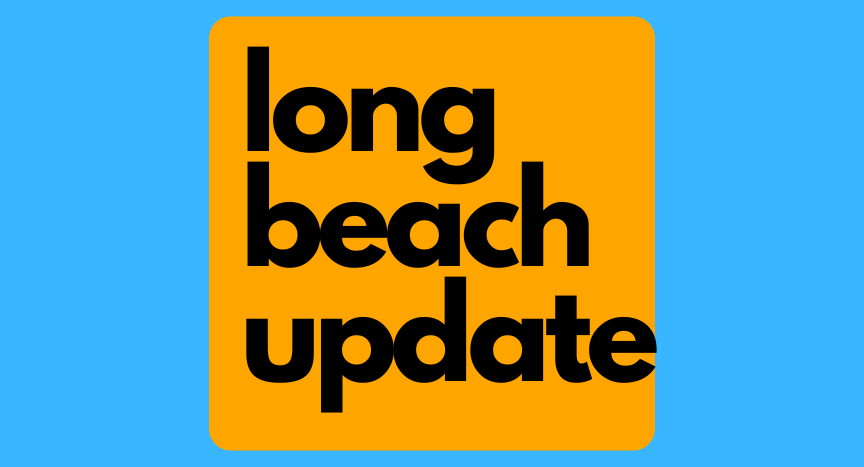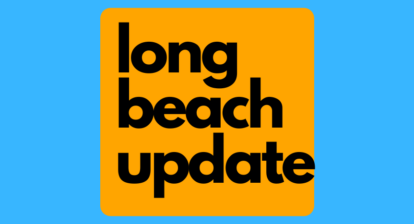LONG BEACH, Calif. (KABC) — Southern California ports are starting to feel the effects of President Donald Trump’s tariffs.
The Trump administration continues to say the current volatility will be temporary and worth it to secure more favorable trade deals and bring manufacturing back. But, nearly a month after Trump announced the tariffs on China, the port of Long Beach is already seeing an impact — and it’s not good.
“We are at a critical point at the Port of Long Beach. We have an expectation of reduced business somewhere in the neighborhood of 35%, could be as much as 40% in the coming months due to tariff uncertainty,” said Mario Cordero, the CEO of Port of Long Beach.
Those who work on the docks and truckers are mainly paid by the hour, and fewer ships coming in means less work.
“There’s a no-win situation in a trade war. You have 145% tax on products coming from China,” Cordero said. “On the other hand, the impact on U.S. exporters, they’re subject to 125% tax on exports that go to China, so in both situations, the to and from, are going to impact both countries in terms of their respective economies.”
So far, Trump’s tariffs have focused on goods, but it appears the president is moving to intellectual property, announcing he’s looking at a 100% tariff on any and all movies produced outside the United States.
In a post on Truth Social, he wrote, “The movie industry in America is dying a very fast death. Other countries are offering all sorts of incentives to draw our filmmakers and studios away from the United States.”
In a response on X, Gov. Gavin Newsom pointed the president to California’s film and television tax credit, in the hopes of “making America film again.”
He’s asking Trump to get onboard and is calling for a national incentive, modeled after California’s film and television tax credit.
“California built the film industry – and we’re ready to bring even more jobs home. We’ve proven what strong state incentives can do. Now it’s time for a real federal partnership to Make America Film Again. POTUS, let’s get it done,” he wrote.
But, will tariffs make it cheaper to produce films in the U.S.?
“This is not just with a flip of a button, suddenly movies are going to come back and shoot in the U.S. It means that it’s actually going to be far more expensive,” said Manori Ravindran with The Ankler. “This really won’t help U.S. studios and producers in any way unless, at the state level, federal level, there are supports put in place.”
In a post on LinkedIn, Hollywood producer Randy Greenberg wrote, “Putting a tariff on movies shot outside the U.S. will increase the cost of shooting and the studios will lobby the exhibitors to raise ticket prices and then, the audience will skip the theatre and then… well you see where this is going.”
“When you think about co-producers. Well, it is an American movie, but it’s filmed primarily in the U.K., and so, does that fall under Trump’s tariff, sort of, strategy?” Ravindran asked.
There’s also a fear that the possible tariffs on production outside the U.S. could be met with retaliatory tariffs from Europe and Canada.
Copyright © 2025 KABC Television, LLC. All rights reserved.


